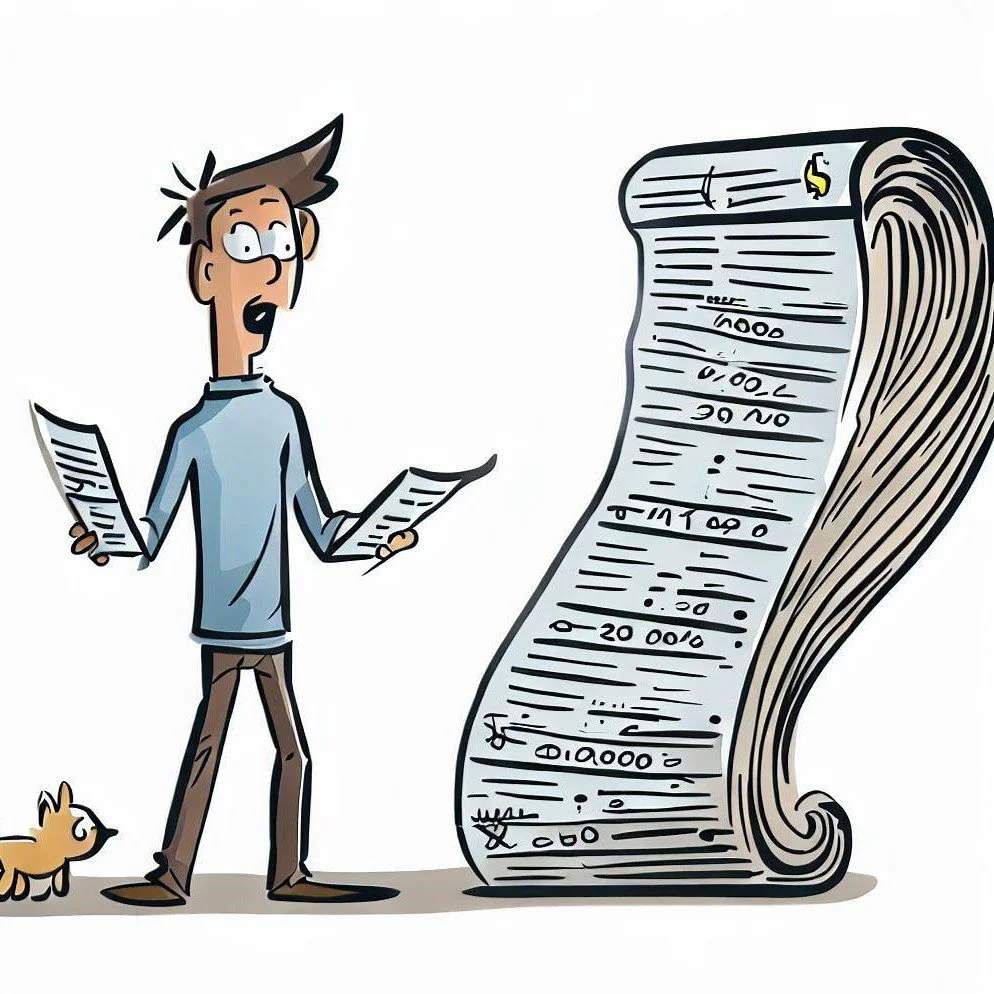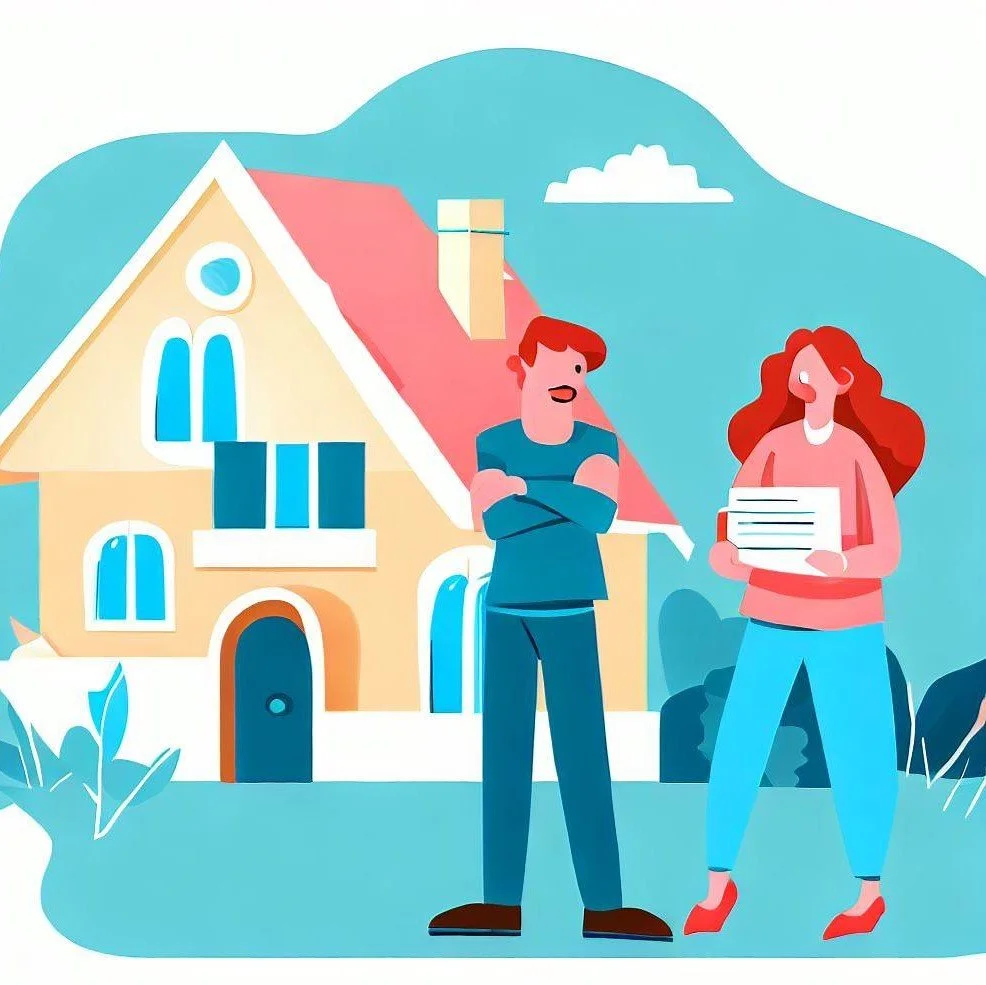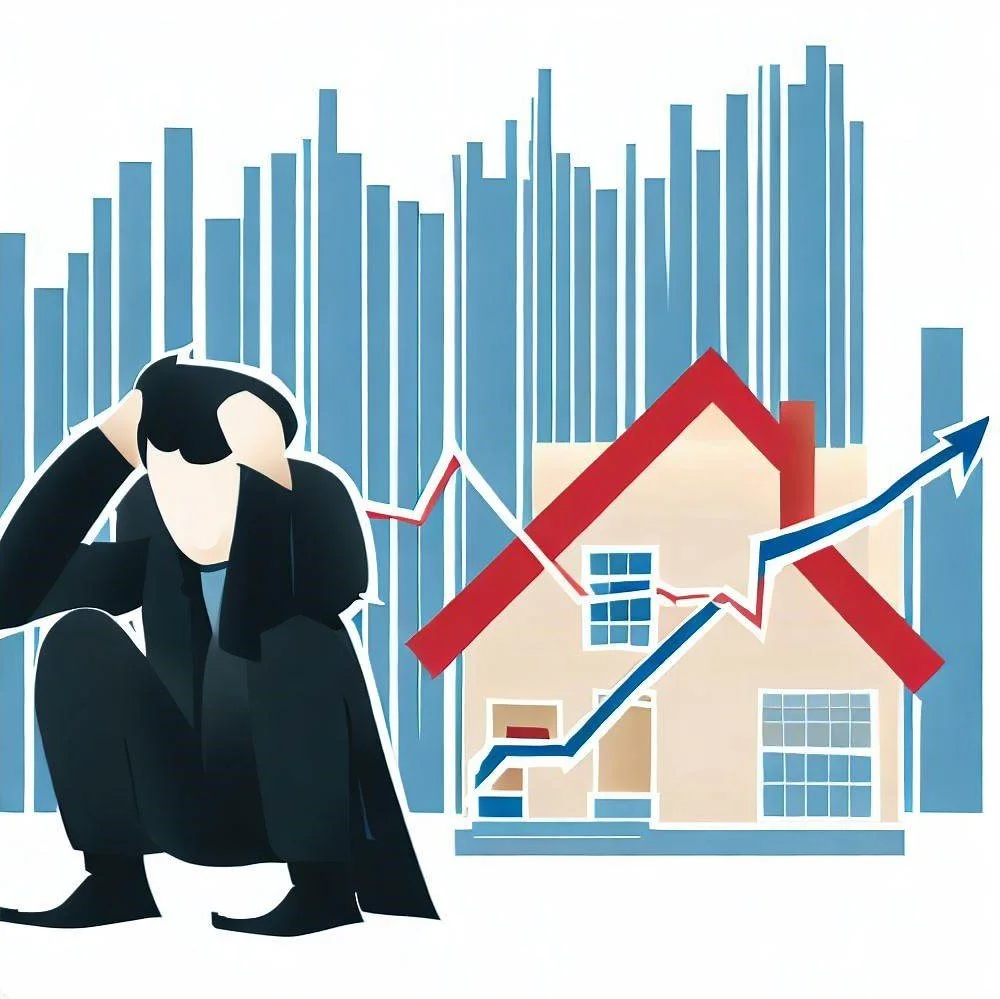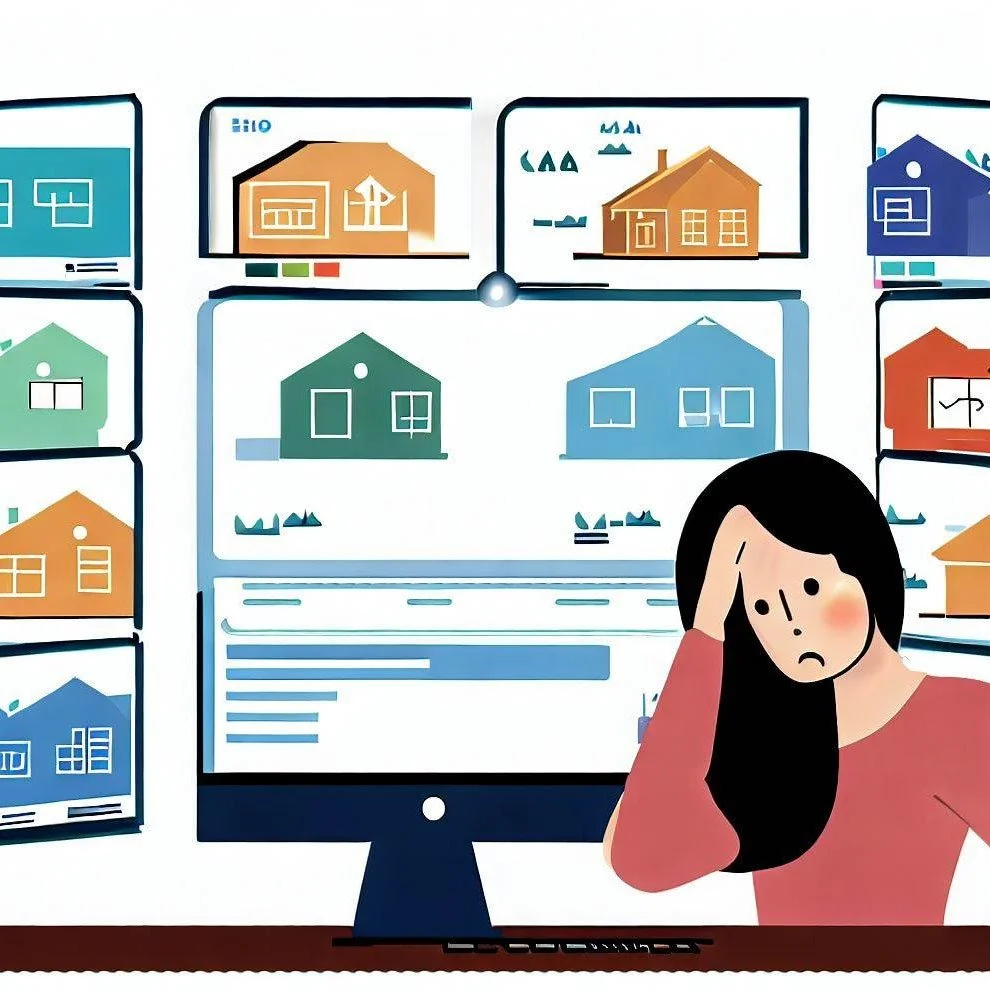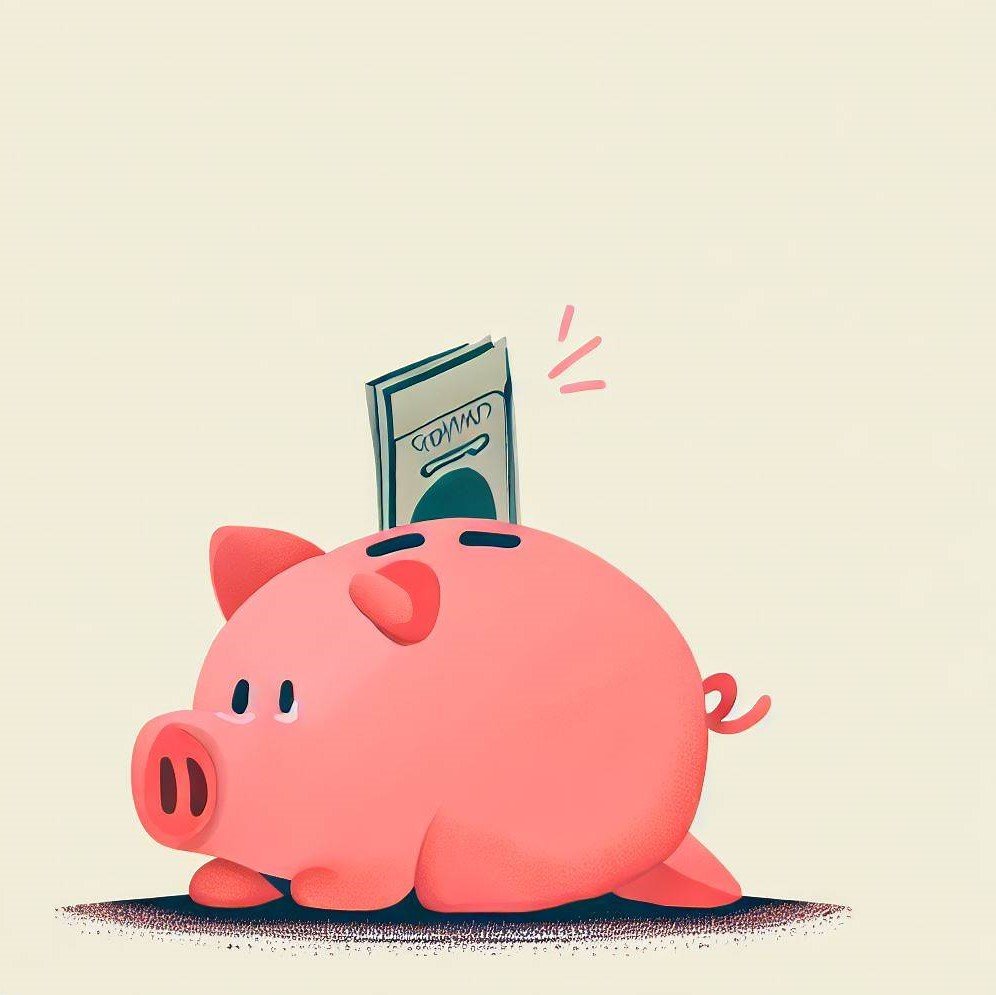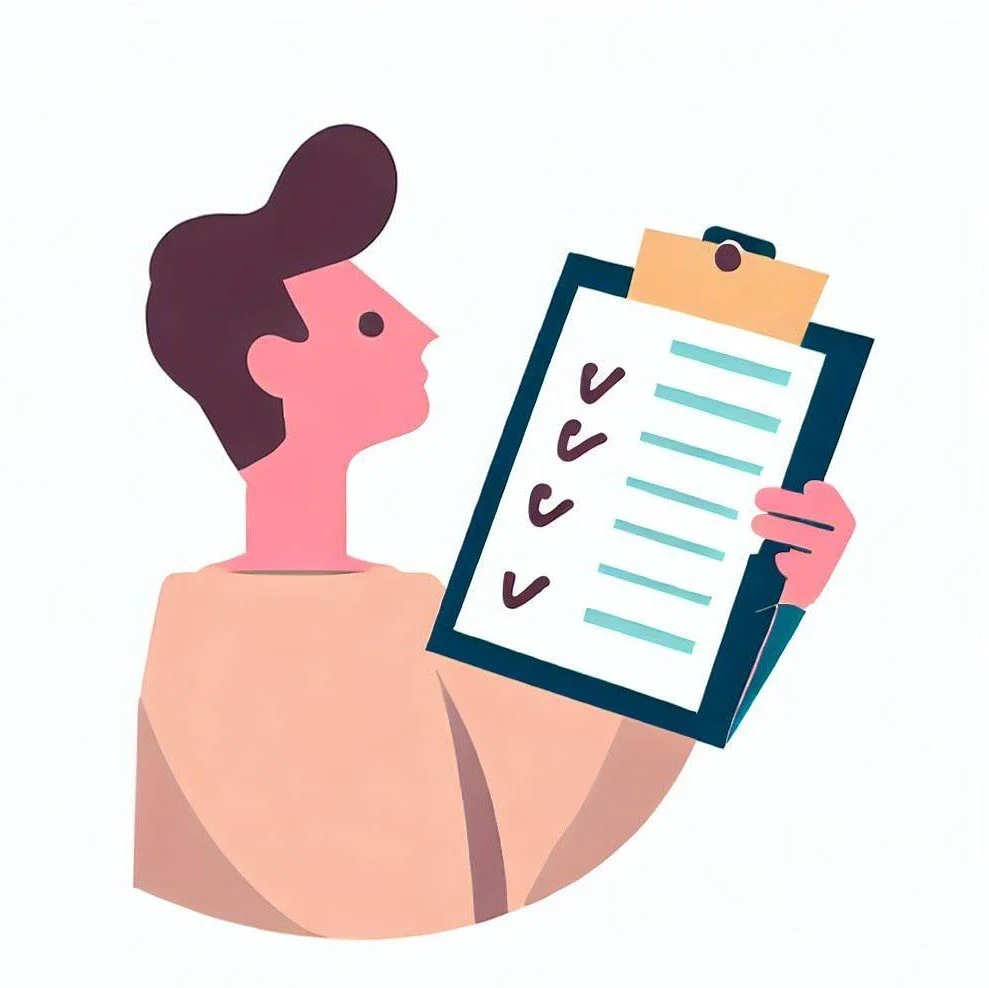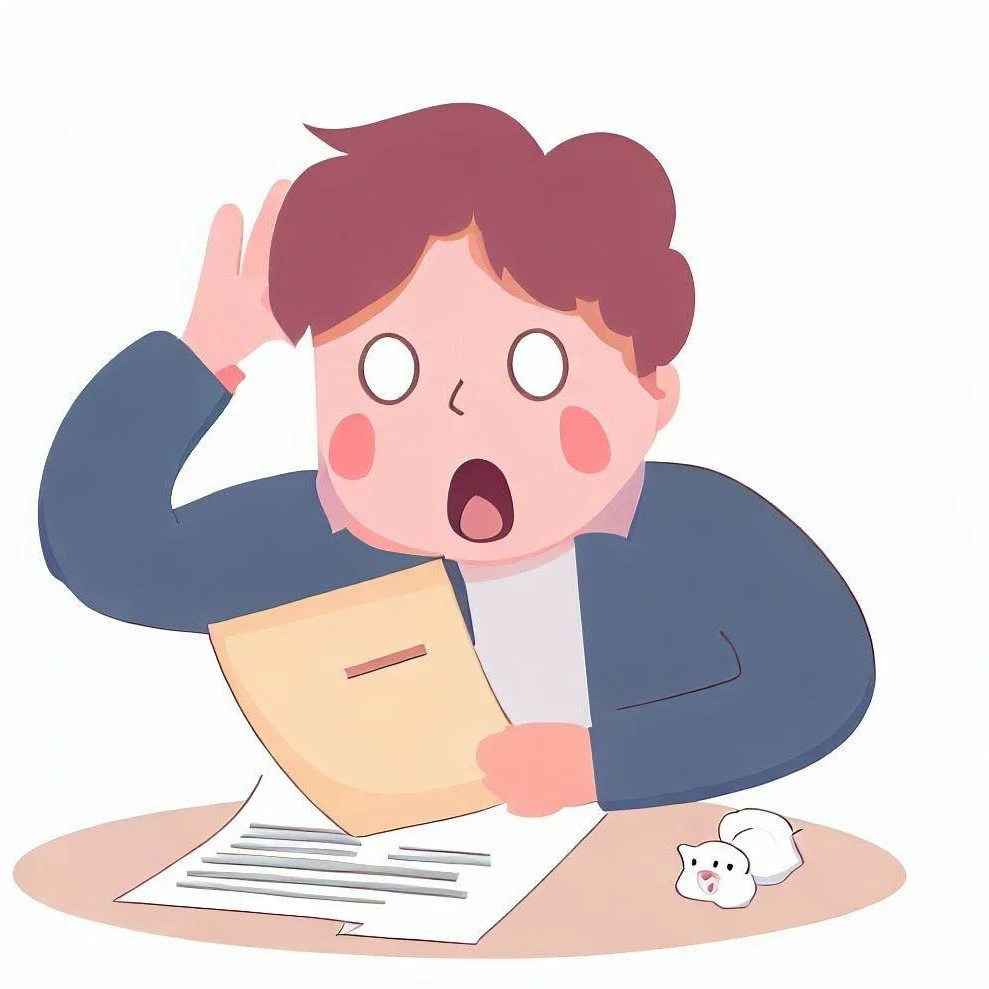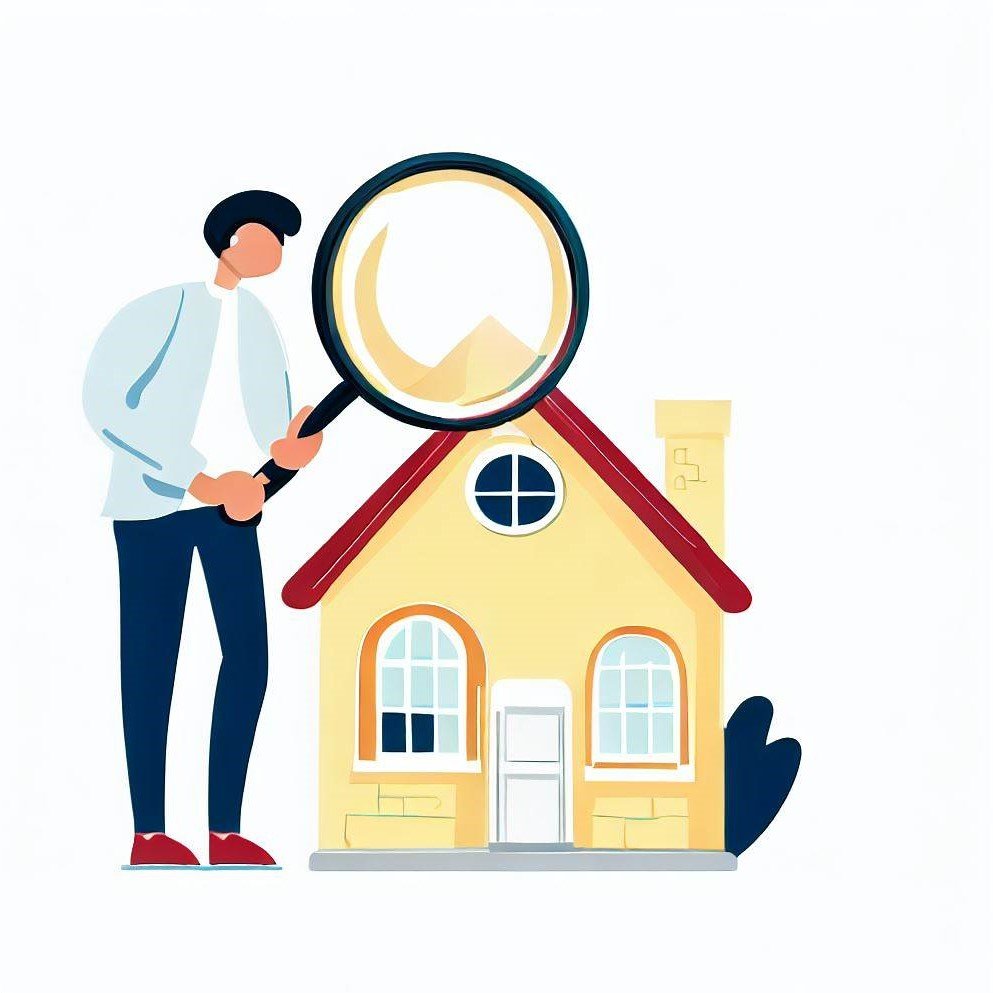Navigating Your Path to Home Ownership: 15 Common Mistakes First-Time Buyers Should Avoid
Uncover the top 15 mistakes first-time home buyers often make. Navigate your path to homeownership with ease by learning how to sidestep these common pitfalls. This comprehensive guide offers valuable tips for a smooth home buying experience.
Family's new home celebration.
Introduction:
Buying a house is indeed a momentous occasion. It's not just about purchasing a property; it's about acquiring a place you can call 'home.' While this journey can be filled with joy and excitement, it's not without its challenges, particularly for first-time home buyers. When it's your first time at the rodeo, it's easy to stumble, fumble, and make a tumble in the convoluted process of home buying. But fret not, intrepid house hunter! This article is your trusty compass, guiding you away from the common mistakes many first-time buyers often fall into. Are you ready to leap over the pitfalls and land on the perfect doorstep? Let's dive in!
Looking for more ideas for buying your first home? Check out 15 Insider Tips for First-Time Home Buyers to Ensure a Smooth Purchase
In This Article
Mistake #1: Not Budgeting for the Full Cost of Homeownership
Mistake #2: Skipping the Preapproval Process
Mistake #3: Neglecting to Consider the Neighborhood
Mistake #4: Overlooking Home Inspections
Mistake #5: Ignoring the Need for a Real Estate Agent
Mistake #6: Failing to Understand the Market
Mistake #7: Choosing the Wrong Mortgage Option
Mistake #8: Not Saving Enough for a Down Payment
Mistake #9: Overlooking Future Resale Value
Mistake #10: Falling in Love with a House at First Sight
Mistake #11: Neglecting to Check Your Credit Report
Mistake #12: Not Setting Aside Money for Closing Costs
Mistake #13: Failing to Understand the Contract
Mistake #14: Neglecting Homeowner's Insurance
Mistake #15: Making Large Purchases Before Closing
Mistake #1: Not Budgeting for the Full Cost of Homeownership
Starting the journey of buying your first home resembles planning a road trip; overlooking associated costs can lead to unpleasant surprises. Many first-time buyers focus solely on the mortgage payment, neglecting other expenses like insurance, taxes, utilities, maintenance, and potential HOA fees. To avoid financial shocks, it's vital to have a clear understanding of your budget, encompassing all costs tied to homeownership. Just as a well-prepared road trip accounts for fuel, accommodations, and food expenses, a well-informed home buying plan considers the comprehensive financial implications. By being aware of all the associated costs, you can make informed decisions, ensuring a smoother and more rewarding journey towards owning your dream home.
Unexpected homeownership costs.
Mistake #2: Skipping the Preapproval Process
Picture discovering your dream home, only to find out it's beyond your financial reach. It's akin to reaching for the most delicious apple on a tree, just out of your grasp. However, this disappointment can be avoided by getting preapproved for a loan. Preapproval offers a realistic understanding of what you can afford, ensuring you focus on homes within your budget. Moreover, it enhances your attractiveness to sellers, as they see you as a serious and credible buyer. Similar to having a map before embarking on a journey, preapproval equips you with the knowledge and confidence to navigate the real estate market successfully. By taking this important step, you increase the likelihood of finding a home that not only captures your heart but also fits well within your financial capabilities.
Missing out on dream home.
Mistake #3: Neglecting to Consider the Neighborhood
Selecting a home is akin to choosing a partner for a three-legged race; it involves committing not only to the house itself but also to the neighborhood it resides in. To ensure a strong match with the location, consider various aspects. Assess the proximity to schools, workplaces, hospitals, and amenities to gauge convenience in daily life. Additionally, investigate the crime rate and traffic conditions to ensure safety and ease of movement. Delve into future development plans in the area to understand potential changes that could affect your living experience. Just like a successful three-legged race requires compatibility and cooperation, finding the right home demands a harmonious relationship with the neighborhood. So, conduct thorough research and assessments to ensure you embark on a homeownership journey that aligns perfectly with your lifestyle and aspirations.
Mismatched home and neighborhood.
Mistake #4: Overlooking Home Inspections
Indeed, a home inspection is akin to a physical check-up for a house. It plays a vital role in revealing underlying issues that may be invisible to an untrained eye. Neglecting this essential step could lead to expensive repairs and unforeseen problems down the line, turning what was once your dream home into a financial burden.
Similar to how routine health check-ups help maintain your well-being, a thorough home inspection ensures that the property is in good condition and free from any significant defects or safety hazards. By identifying potential issues early on, you can make informed decisions and negotiate repairs with the seller before finalizing the purchase. Investing in a comprehensive home inspection provides you with the peace of mind and confidence that your dream home is a sound and worthwhile investment.
Uncovered home inspection flaw.
Mistake #5: Ignoring the Need for a Real Estate Agent
Navigating the home buying process alone is like wandering through a maze without a map. With a real estate agent's invaluable guidance, you can avoid common pitfalls, negotiate better deals, and handle paperwork seamlessly. An experienced agent understands the market, neighborhoods, and your preferences, streamlining your journey to find the perfect home. Their support goes beyond property search, extending to coordinating inspections and ensuring a smooth closing process. With a real estate agent by your side, you can confidently navigate the complexities of home buying, knowing you have a skilled advocate working to turn your dream of homeownership into a reality.
Overwhelmed with home buying process.
Mistake #6: Failing to Understand the Market
The real estate market, much like the weather, can be unpredictable. Without a grasp of its trends, you may end up overpaying or missing out to savvy buyers. To avoid such pitfalls, study the market thoroughly. Understand supply and demand dynamics, pricing trends, and property value trajectories. Armed with this knowledge, you can make informed decisions and navigate the market with confidence. Stay attuned to current market conditions, seeking guidance from real estate professionals when needed. Being well-informed empowers you to seize opportunities and make the most of your home buying journey.
Confusing real estate market.
Mistake #7: Choosing the Wrong Mortgage Option
Amidst a plethora of mortgage options, navigating the labyrinth of terms and conditions can be overwhelming. Don't simply choose the mortgage with the lowest interest rate. Instead, carefully consider your financial situation, the loan term, fixed vs. variable interest rates, and other relevant factors. Each individual's circumstances are unique, so take the time to assess what aligns best with your long-term goals and financial capabilities. Be aware of any hidden costs and fees that may impact the overall cost of the mortgage. Seeking advice from a reputable mortgage professional can be beneficial in making an informed decision. By evaluating all aspects of the mortgage options, you can secure a loan that suits your needs and sets you on a path towards a successful homeownership journey.
Concerned buyer reviewing mortgage options.
Mistake #8: Not Saving Enough for a Down Payment
A small down payment may be tempting in the short term, akin to a sugar rush, but it can lead to higher monthly payments and additional costs like mortgage insurance in the long run. To avoid these drawbacks, aim to save a substantial down payment, ideally 20% of the purchase price. A larger down payment reduces the loan amount and lowers monthly payments, offering greater financial stability and savings over time. It also eliminates the need for mortgage insurance, further reducing expenses. Though it requires more upfront effort, a substantial down payment sets the stage for a more secure and financially sound homeownership experience. So, resist the temptation of a small down payment and prioritize saving for a solid foundation that will benefit you in the long term.
Insufficient down payment.
Mistake #9: Overlooking Future Resale Value
While buying a home for your current living needs is essential, it's also wise to view it as an investment. Neglecting to consider the property's future resale value is akin to investing in a company without contemplating its future prospects. When searching for a home, look for features and characteristics that are likely to appeal to future buyers. Factors such as location, neighborhood amenities, school districts, and property condition play a significant role in determining its potential for appreciation over time. By making informed choices and investing in a property with strong long-term appeal, you can enjoy your living space while also building equity and potentially reaping financial benefits when the time comes to sell. Keeping an eye on the property's investment potential ensures you make a well-rounded and strategic choice for your homeownership journey.
Ignoring future resale value.
Mistake #10: Falling in Love with a House at First Sight
Falling head over heels in love with a house right away can be like getting emotionally attached, possibly blinding you to potential red flags. To make the best decisions, keep your emotions in check and maintain objectivity throughout the home buying process. Approach each property with a critical eye, carefully considering its features, condition, and overall suitability for your needs. By remaining objective, you can assess the pros and cons of each home more effectively, ensuring that your final choice aligns with your practical requirements and financial considerations. While it's natural to feel excitement and enthusiasm during the search, balance it with a rational mindset to avoid any hasty decisions and secure a home that truly suits your long-term goals.
Love at first sight with a house.
Mistake #11: Neglecting to Check Your Credit Report
Prior to beginning the home buying process, it is vital to review your credit report. Errors or negative items on the report can significantly impact your loan approval chances. Overlooking this step is comparable to running a marathon without training – while you may eventually reach the finish line, the journey will be much more arduous. By checking your credit report early on, you can identify any issues that require attention and take corrective measures to improve your creditworthiness. A strong credit score enhances your eligibility for better loan terms and interest rates, making the entire home buying experience smoother and more favorable. So, treat the credit check as a necessary preparatory step before embarking on your home buying journey, ensuring a successful and rewarding outcome.
Unexpected low credit score.
Mistake #12: Not Setting Aside Money for Closing Costs
Closing costs can be like hidden speed bumps, catching you off guard during the home buying process. These expenses, which typically encompass title insurance, appraisal fees, and attorney fees, can total 2-5% of the purchase price. Budgeting for these costs is crucial to prevent unwelcome surprises when it comes time to close the deal. By including closing costs in your financial planning, you can ensure that you have adequate funds to cover these essential expenses. Being prepared for the closing costs allows you to confidently proceed with the purchase, knowing that you have accounted for all associated fees. So, treat closing costs as a significant aspect of your budgeting process, and avoid any last-minute financial obstacles on your path to homeownership.
Unexpected closing costs.
Mistake #13: Failing to Understand the Contract
A home purchase contract deserves thorough attention, as skimming it lightly is akin to agreeing to a game without knowing the rules. Take the time to understand all the clauses and fine print, including contingencies, deadlines, and penalties. Comprehending the contract ensures you are well-informed about the terms and obligations associated with the purchase. Pay particular attention to any contingencies that allow you to back out of the deal under specific circumstances, as well as the timelines and potential penalties for breaching the contract. Seek clarification from your real estate agent or attorney if any parts of the contract are unclear. By being diligent in reviewing and understanding the contract, you protect yourself from potential disputes and make informed decisions that align with your best interests throughout the home buying process.
Confusing home purchase contract.
Mistake #14: Neglecting Homeowner's Insurance
Homeowner's insurance serves as a crucial safety net, catching you when unexpected incidents occur. Without it, you're akin to a tightrope walker without a safety harness. To safeguard yourself and your investment, ensure you have an adequate insurance plan in place before moving into your new home. Homeowner's insurance protects you from potential financial losses due to damage or accidents, providing peace of mind and security. It covers various aspects, such as property damage, personal liability, and theft, mitigating the impact of unforeseen events. Prioritize obtaining a comprehensive insurance policy that aligns with your property's value and your specific needs. By doing so, you create a solid foundation for homeownership, ensuring you're well-prepared to face whatever comes your way in the future.
Lack of homeowner's insurance.
Mistake #15: Making Large Purchases Before Closing
Making significant purchases or applying for new credit before closing can alter your financial situation and impact your loan approval. It's like changing your destination mid-journey – your initial preparations may no longer be valid. These changes can raise concerns for lenders, affecting your credit score and debt-to-income ratio. To ensure a smooth home buying process, maintain a stable financial position and avoid making substantial financial moves until after closing. Staying consistent with your initial preparations allows for a successful journey to homeownership, bringing you closer to the threshold of your new home with confidence.
Loan decline after large purchases.
Conclusion
Acquiring your first home need not be overwhelming. Avoiding common first-time home buyer mistakes enables you to navigate the path to homeownership with confidence and ease. Recognize that buying a home is not just a financial investment; it's an investment in your future. So, make informed decisions, plan ahead, and most importantly, relish the journey. By staying mindful of potential pitfalls and focusing on your long-term goals, you can secure a home that suits your needs and aspirations. Embrace the excitement of this milestone, and with careful consideration, turn your dream of homeownership into a reality filled with joy and satisfaction.
Frequently Asked Questions
What are some ways to improve my credit score before buying a home?
Improving your credit score involves consistently paying your bills on time, keeping your credit card balances low, not closing old credit cards, and not applying for new credit too often.
How can I save more for a down payment?
Strategies for saving for a down payment include setting aside a portion of each paycheck, reducing unnecessary expenses, and considering a high-yield savings account or investment strategy to grow your savings faster.
Should I always go for the lowest interest rate on a mortgage?
While a lower interest rate can reduce your monthly payments, it's important to consider other factors, such as the loan term, the type of interest rate (fixed vs. variable), and any associated fees or penalties.
What should I look for during a home inspection?
During a home inspection, look out for issues related to the roof, foundation, electrical and plumbing systems, heating and cooling systems, and any signs of pests or water damage.
How long does the home buying process usually take?
The home buying process can vary greatly in length, but on average, you can expect it to take between 30 and 60 days from the time your offer is accepted until the closing date.

